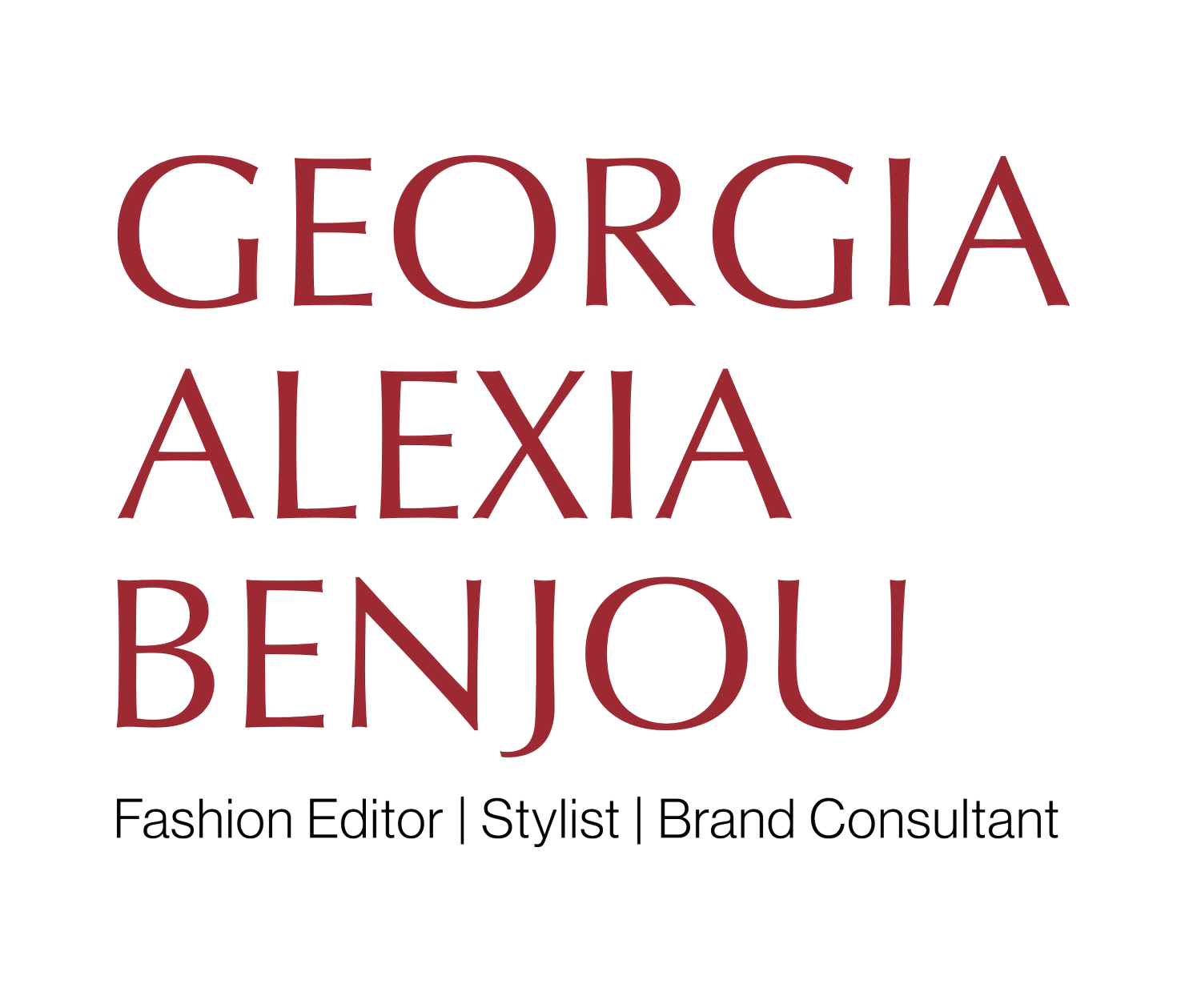A New Political Reality
It’s not even been two months since the new administration took office, and already fashion brands are struggling to keep up with the change in our political discourse. And DEI initiatives—long under scrutiny by conservative groups—have been the first policies on the administration’s chopping block. It’s a situation that has put retailers in the crosshairs of both the government and the public and shows why knowing how to navigate a politically charged environment over the next four years will be a necessity for brands.
The most public example of the fallout over DEI has been the contrasting approaches of Target and Costco, two brands that have broad mission statements, reflecting their diverse employees and customer bases (you can read them respectively here and here). This alignment is one reason why their DEI initiatives were initially well-received—customers saw them as a natural extension of each brand’s values.
It's also why people were so disappointed when Target announced the rollback of its DEI policies on January 24th, affecting the retailer’s Black employees' representation and advancement, Black shoppers' experiences, and Black-owned businesses. By aligning with the new administration’s order to end DEI initiatives in federal agencies, Target’s decision has placed its own employees and the brands it once championed in a difficult position.
Another striking aspect of the DEI rollback is that it has proved once again the power of community. This is where a strong following, high engagement, and brand loyalty can become a double-edged sword. Once Target, which has 6.1 million followers on Instagram alone, announced its DEI rollback, it sparked a public backlash and calls for a nationwide boycott from its own community. And understandably so; customers felt betrayed by a retailer that, as CNN pointed out, was one of the most outspoken brands on DEI policies in the aftermath of George Floyd’s murder by Minneapolis police.
This isn’t the first time Target has faced backlash (remember the Pride merchandise controversy in 2023?). The retailer has a track record of making bold public promises to one group of customers, only to retreat when another group voices disapproval. Target’s inconsistent actions have left the brand vulnerable to looking opportunistic and unreliable.
Meanwhile, Costco took an entirely different approach. Its shareholders and board unanimously reaffirmed their commitment to DEI, calling it “necessary and appropriate” and emphasizing that fostering an inclusive workforce has been “part of its culture and values since the company’s founding.” So, while Target appears to have treated DEI as a convenient business trend, Costco stands out as the true leader in this moment. Despite facing a lawsuit from 19 attorneys general, the company understands that a strong DEI strategy is essential for both its workforce and its customers. And their decision has proved to be a good one for the retailer; while Target’s sales have dropped 10% following its DEI policy reversal, Costco’s have risen by 5%. Staying true to its values seems to have strengthened Costco’s business, while Target’s decision to rollback DEI has raised questions about its commitment to its own values. Only time will tell how damaging this will be for Target in the long term.
Image courtesy of Haseeb.SAL/Shutterstock.
